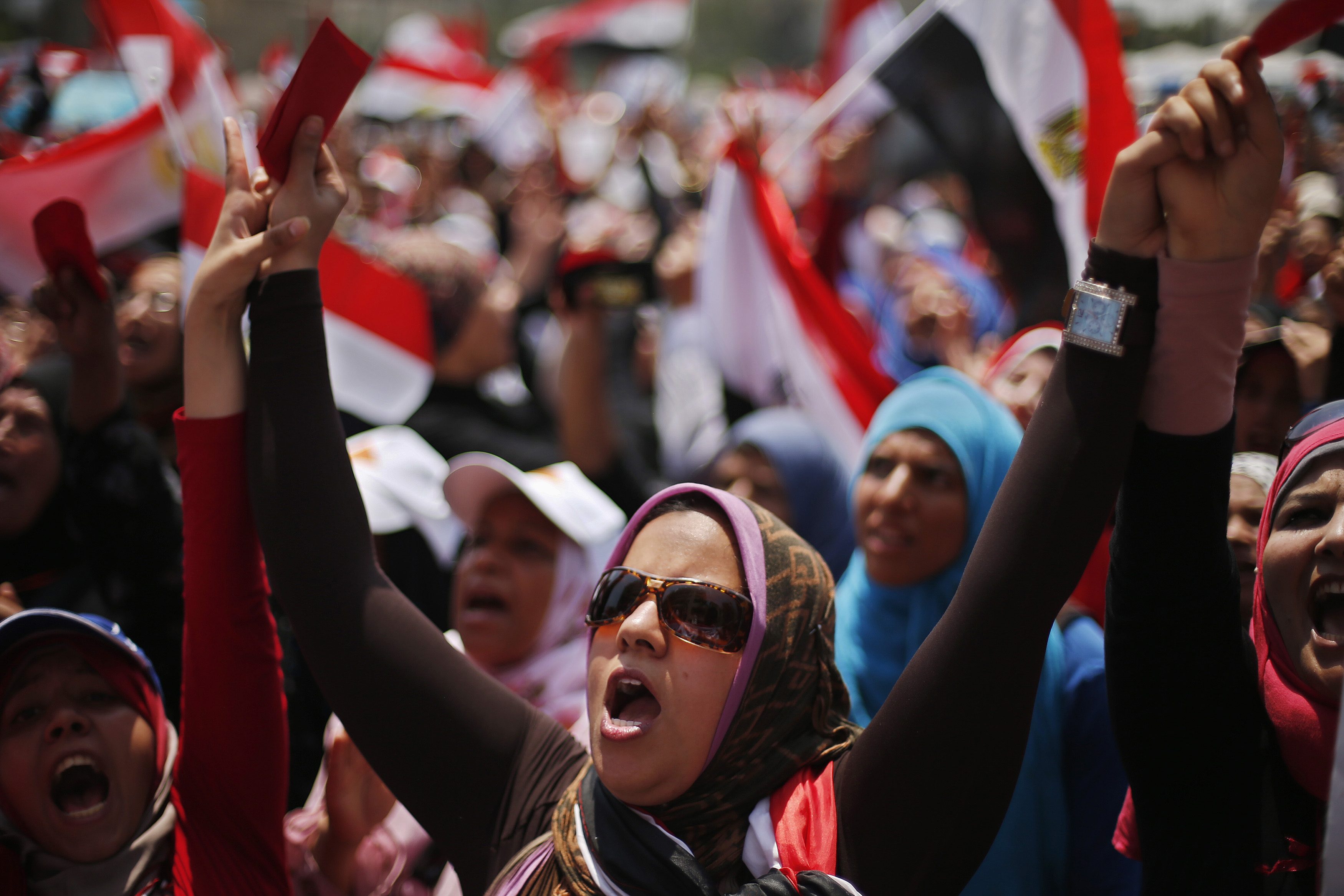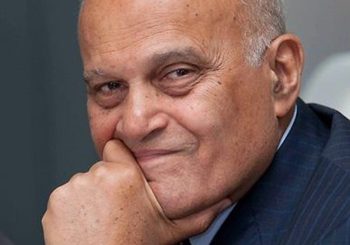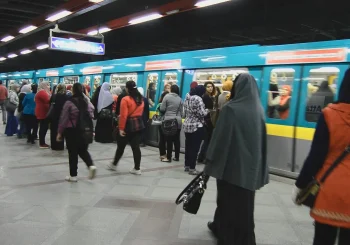Three years ago, the third of July was one of the worst days of my life, amid the political turmoil and chaos that became completely irrelevant to me that day. More than 80 women were subjected to sexual assault or rape in Tahrir Square during the celebrations that erupted after President Mohamed Morsi was ousted.
Cheers of the masses were mixed with screams of terror, fireworks and the sounds of helicopter blades making their way over the frantic crowds. It was a day that my faith in everything – first and foremost humanity – was shaken, a day where I believe every member of our intervention team was scarred forever in a different way; I couldn’t even imagine what the sexual assault survivors feel as a result of that day’s horrors.
No word was said in the media on the atrocities committed on a massive scale that day, of course. It was a time of joy, picture-perfect happy crowds.
I was walking back to my team with a couple of other volunteers on our way back from a scouting mission around the square to try and spot sexual harassment or mob assault cases. You try to train your senses to distinguish between the noises – chants, cheers, laughs, the sound of the roaring helicopter tearing through the air, flying at low altitudes trying to put on a show for the crowds screaming in amazement below – and screams of terror.
Thousands of small papers started dropping from the helicopters hovering overhead, as if the sky over Tahrir were snowing and the clouds were those erratic metal beasts. I picked one up from the ground and read it. It was a coupon announcing, “Congratulations, you won a gold-rimmed set of cups, you need to go to [a location] to claim your prize from the military factories.”
I watched as tens of thousands were jumping up in the air trying desperately to catch the coupons falling from above. I dropped the one I had in my hand to the ground…and started laughing hysterically. I couldn’t believe that people were oblivious to the terrorized women around them and could only focus on these coupons.
It has become almost socially to perceive sexual harassment as the norm in Egypt; people normalize it, look the other way. A preadolescent child walks in the street holding his father’s hand and starts catcalling a woman on the other side of the street. His father smiles, encourages his little “man” and joins him. A man in the street runs and grabs a woman from behind and she screams in fright. A bystander looks in disgust, thinks to himself, “Look at what she is wearing; she deserves this – she wants this,” and keeps walking without hesitation despite the echoes of screams in the background.
Tahrir to me was where everything about Egypt manifests itself in its strongest form and amplifies: The good, the bad and the unthinkable.
Over a year later in Heliopolis, I was at the farewell dinner of a friend who was about to leave the country. I was chatting with another friend who was with me that fateful day in Tahrir on the same intervention team, when we heard the sound of fireworks in the distance and we both flinched at the same time. We looked at each other with a broken smile, knowing the reason without having to utter a single word.
Fireworks will never sound the same to us again.







Comments (0)